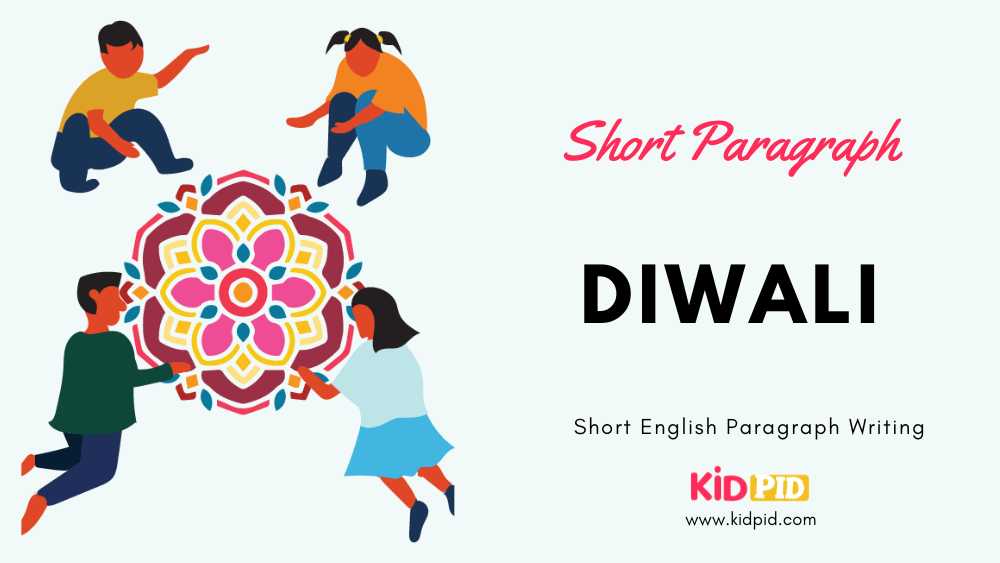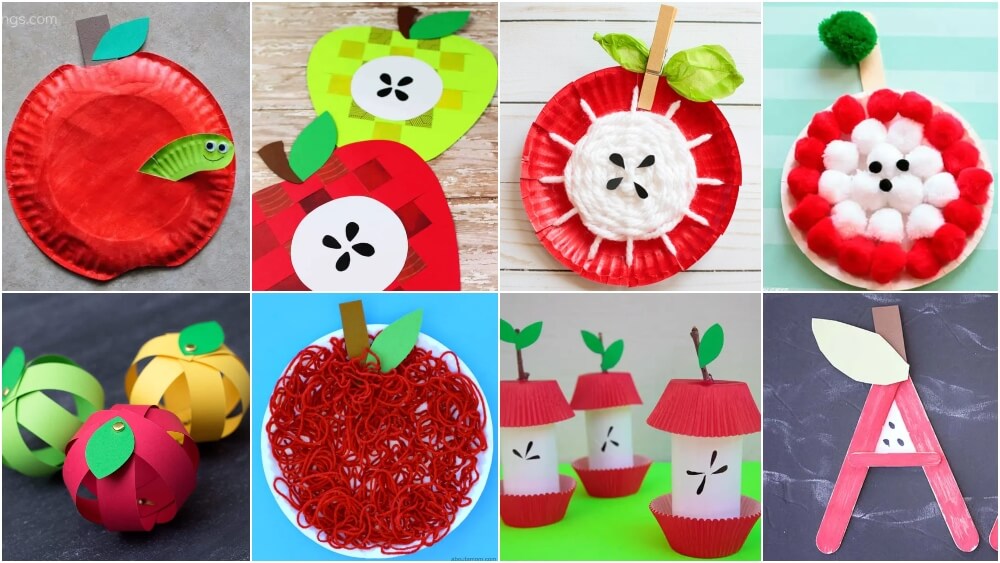Paragraph on ‘Diwali’

‘Diwali’ is one of the important topics on which students can be asked to write a paragraph in exams in school. Please check the various samples (in 100 words, 150 words, 200 words, and 300 words) provided below for the paragraph.
Contents
Paragraph on “Diwali” in 100 words
Diwali is considered one of the most significant Indian festivals in Hindu tradition. It ranks among the most auspicious Hindu celebrations. Deepavali, which loosely translates to “a row of lights” in Sanskrit, is where the name Diwali originates. It is a great festival to enjoy with friends and family. On Diwali night, people use fairy lights and oil lamps to adorn their homes. People prepare great meals and serve them to their loved ones. Every street is decorated with lovely lights as it is a festival of lights. Diwali festival makes individuals happy and upbeat and inspires them to appreciate their culture.
Paragraph on “Diwali” in 150 words
Diwali is a Hindu festival and is regarded as the “festival of lights”. This festival is celebrated during the Kartik Hindu month and it lasts for five days. The celebration represents the spiritual “winning of light over darkness. Diwali is also referred to as Deepawali in India. Hindu mythology states that on this day, after killing the demon king Ravana, Lord Rama went back to his hometown of Ayodhya. The people of Ayodhya ignited oil lamps in the streets and homes to celebrate the arrival of their lord. Hindus have continued the custom since that time by observing the festival with zeal and splendour.
During Diwali, there is a joyful mood in every Indian home. Everyone is busy making sweets, lighting lamps, making rangolis, or cleaning their homes. A religious ritual is frequently held before the evening celebrations
Kids love this celebration because they get to wear new outfits and eat their favourite treats
Paragraph on “Diwali” in 200 words
Diwali is a time to rejoice and be cheerful. On this day, King Rama defeated the evil armies and returned home to a resounding welcome from his people. Cracker-bursting during Diwali is a long-standing custom that is contrary to the festival’s actual meaning. The festival’s main goal is to share the love with your near and dear ones.
Diwali is the perfect example of a festival designed to strengthen strong relationships between families and friends. Everyone returns home to celebrate Diwali with their relatives. Everyone enjoys the celebration without having to worry about work because it is a major festival. Several sky lanterns are launched into the air at night and fly far into the night sky. Diwali encourages us to have patience in order to receive wonderful things in life.
For long periods, kids wait to have a mouthful of their favourite treat. The homes are cleaned to remove all the filths. In order to assess your well-being and health, cleanliness is crucial. Hindu culture has always included it, and it promotes the moral lesson that “Good people always triumph over Bad people.”
The five days Diwali festival includes Dhanteras, Naraka Chaturdashi, Lakshmi Pooja, Govardhan Pooja, and Bhai Dooj. Goddess Lakshmi and Lord Ganesha are worshipped during the Diwali festival.
Paragraph on “Diwali” in 300 words
Festivals have a significant role in people’s lives. They honour human social nature, brotherhood, and sharing. Diwali is one such celebration. Hindus celebrate it to commemorate King Rama’s entry into Ayodhya following a deadly conflict with the demon king Ravana. The primary subject of the celebration is the triumph of light over darkness. Human minds are well-suited to the creation of social and behavioural patterns that create unique bonds with the people around us.
The best way to get to know your neighbours and share in their celebrations is at festivals. Diwali encourages us to have a peaceful heart and mind while waiting for positive things to manifest. We must never stop believing in festivals because our ideas mould our thoughts. Diwali has traditionally been associated with setting off fireworks, is it really necessary? Obviously not! If we all stay at home and have a hearty supper with our friends and family Diwali can still be celebrated in a wonderful way. When firecrackers are set off, hazardous substances are released into the environment, which ultimately leads to air pollution. Animals that live nearby are also harmed by firecrackers. We must observe the festival carefully and not risk other people’s security. In the days leading up to Diwali, the smell of freshly prepared food permeates every home. During the event, delicious foods are prepared and served. We must always bear in mind that the purpose of festivities such as holidays is to build the vital feeling of fraternity among us, not to wreak environmental havoc.
A few days before Diwali’s big celebration, people begin cleaning their homes, including white-washing, dusting, and painting. Flowers, as well as other decorative items, are used to decorate houses. The illumination, which includes both electric and little clay lamps, makes everything appear quite bright. During Diwali night, it is believed that Goddess Lakshmi visits each home, therefore everyone lights their homes to welcome her. Goddess blesses her followers with long and prosperous life in return. On this day, everyone worships the gods Ganesha and Lakshmi and then gives presents and sweets to their near dear.






Responses